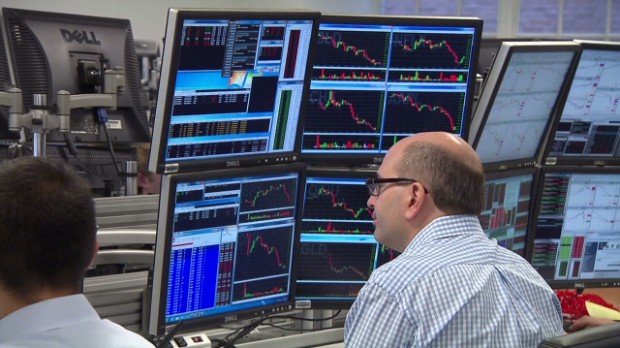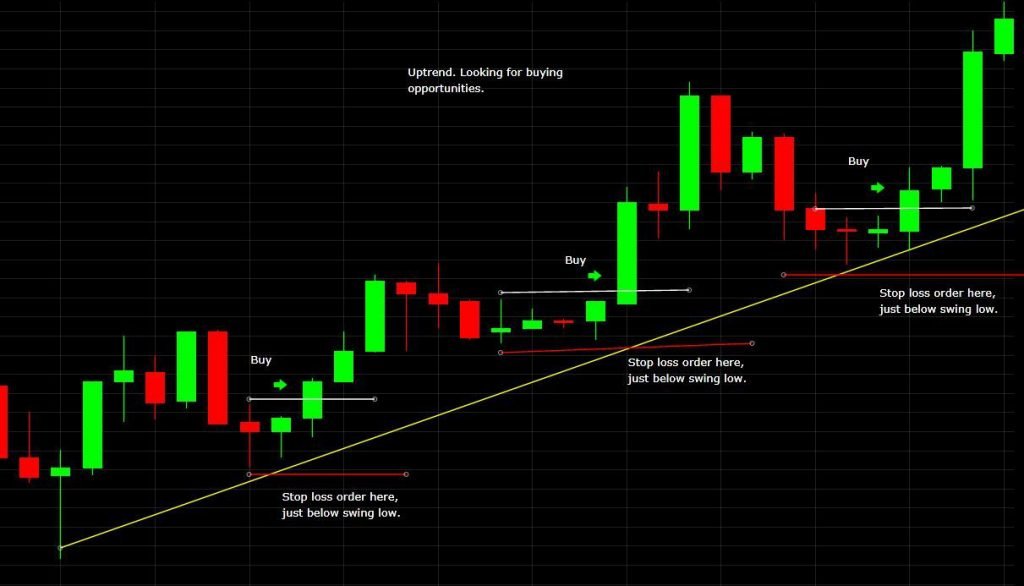Beginner’s Introduction to Day Trading
Day trading has seen itself becoming more recognized as a potentially lucrative industry to get into, and every year finds more and more traders vying for profits on the stock markets. But for most people who aren’t savvy with the world of high finance, the concept of trading securities online can seem a little far-fetched, and understanding enough of it to generate profit is another matter entirely.
Despite this, the concept of day trading is not as new as some people might think, and a wealth of information is available online, outlying the history and details concerning its application. Below is a basic introduction to day trading which looks into its history, where it is now, and how it has become such a prolific way of making money online:
Day Trading in a Nutshell
Day trading is the process of speculation on securities, which specifically comprises of the purchase and selling of these securities on the same day, or trading day. This is what defines day trading, as all positions and prices are closed and finalized before the day market itself closes. While day trading can involve other financial instruments asides from stocks, such as currency values and equity futures, stocks remain by far the most popular security to trade in.
Professionals who engage in day trading are called day traders, or speculators. The entire premise of day trading relies on correctly judging short-term fluctuations in prices throughout the day, and capitalizing on them, buying low, and selling high.
History of Day Trading
Most of the legislation and processes surrounding day trading have their roots embedded in the American and British stock exchanges, which were the most powerful financial institutions of that type at the time. Back then, trading stocks involved a lot more paperwork, with traders having to contact stockbrokers directly, who would relay orders to specialists on the stock exchange floor. It was the job of the specialist to find the purchaser a corresponding seller, and match them up to complete the transaction.
Day trading has come a long way from then, with the advent of the information age and rapid development of online financial platforms leading to the possibility of trading on an international scale, and the possibility of day trading itself becoming more viable and available. In the 80s to 90s, day trading was the sole domain of financial institutions and professional brokers. Now, technology has made day traders of private individuals as well.
Why People Need Introduction to Day Trading
In most things, a prelude or prior knowledge and experience is necessary in order to succeed in a given craft, which is why more people prefer to have an introduction to day trading. As it’s relatively small scale and short period of interaction means a minimum of risk considering you plan ahead, and plan effectively.
There are several detailed tutorial guides as introduction to day trading, and even paid academy courses that help you cover the basics with ease. With an investment entirely decided by you checking different stock advisor newsletters to diversify your portfolio is also an excellent idea, and with complete control of your decisions and where your money goes, it can be an exciting venture to get in to.



